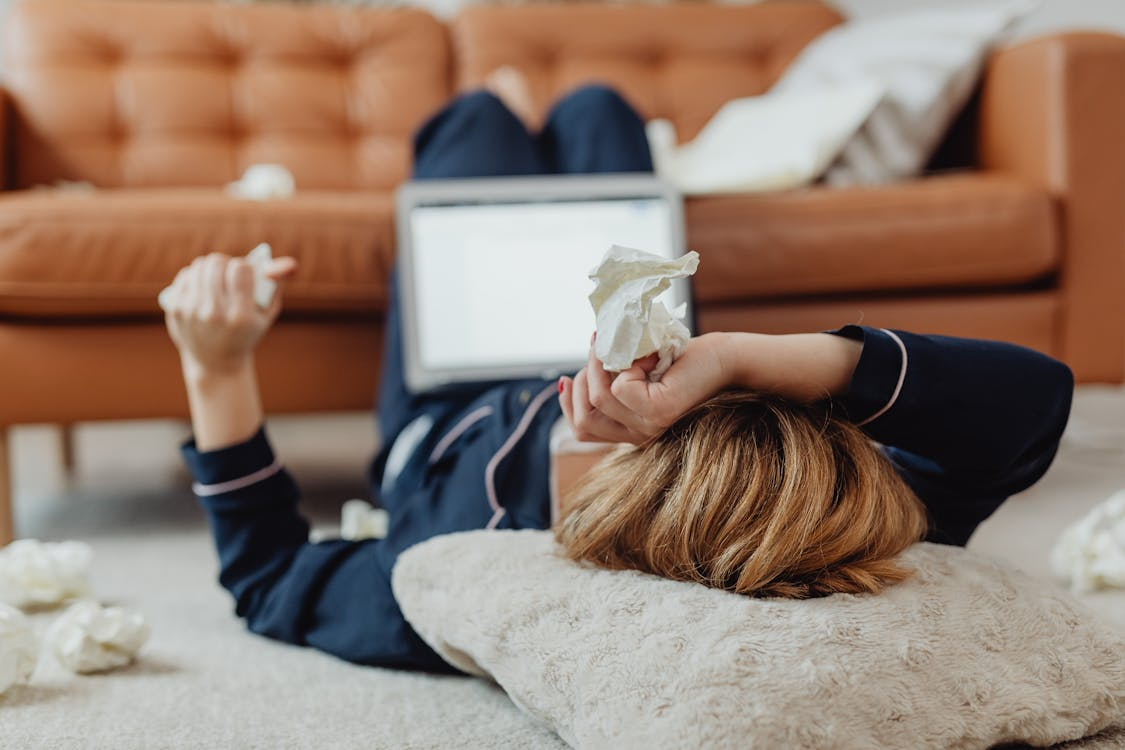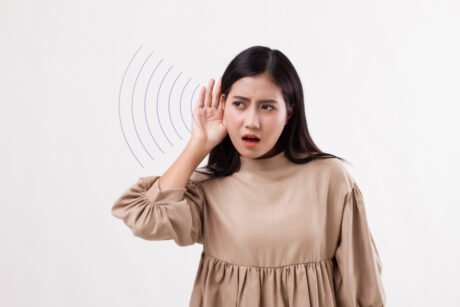When you think of allergies, the first things that come to mind are probably sneezing, itchy eyes, or a runny nose. But did you know that allergic reactions can also affect your ears? For many people, allergies and hearing loss are more connected than they realise. From ear pressure to muffled hearing, allergy season can be a noisy — or rather, not-so-noisy — experience. The good news is that these symptoms are usually temporary and manageable once you understand the cause.
How Allergies Impact the Ears
Allergies trigger inflammation and fluid build-up in different parts of the body, and the ears are no exception. Here’s how they can interfere with your hearing:
- Eustachian Tube Dysfunction: This tube connects your middle ear to the back of your throat. When allergies cause swelling, it can become blocked, trapping pressure and leading to discomfort or muffled hearing.
- Fluid Accumulation: Allergic reactions may cause fluid to collect in the middle ear, creating that clogged or underwater sensation.
- Sinus Congestion: Allergic rhinitis and sinusitis often come with nasal inflammation, which can throw off ear pressure and balance.
- Itchiness and Discomfort: Some people also experience itchy ears, a sense of fullness, or irritation when allergies flare up.
Common Hearing-Related Symptoms Caused by Allergies
The link between allergic rhinitis and hearing issues is stronger than most people think. If your allergies act up, you may notice the following symptoms:
- Muffled or distorted hearing
- Ear pressure or a feeling of fullness
- Ringing in the ears (tinnitus)
- Mild dizziness or imbalance
- Temporary hearing loss due to allergies
Seasonal Allergies vs. Year-Round Allergies: Is There a Difference?
Not all allergies are created equal.
- Seasonal allergies (like pollen during spring or haze season in Singapore) often cause temporary ear-related symptoms. Once the pollen count drops, your hearing usually clears up.
- Year-round allergies from triggers such as dust mites, mould, or pet dander may cause more persistent ear problems. In these cases, muffled hearing or ear pressure may become a recurring issue.
Both seasonal and perennial allergic rhinitis symptoms can lead to sinus congestion and fluid build-up, making your ears feel blocked or less responsive.
When to See a Doctor
While many allergy-related hearing issues improve on their own, you should seek professional care if:
- Symptoms last longer than a few days or worsen over time
- Hearing becomes significantly impaired in one or both ears
- There’s ear pain, discharge, or signs of an ear infection
- You also experience dizziness or balance problems
An ENT specialist or audiologist can run tests such as audiometry to determine whether your symptoms are simply allergy-related or something more serious. If you’re in Singapore, a professional ear check-up can provide peace of mind and prevent complications.
Managing Allergy-Related Hearing Symptoms
You don’t have to suffer in silence. Here are some ways to manage allergy-induced hearing problems:
- Medications: Antihistamines, decongestants, and nasal sprays can reduce swelling and ease ear pressure.
- Allergy Management: Avoid triggers where possible, use air purifiers indoors, and keep bedding dust-free.
- Proper Ear Care: Skip cotton buds — they can push wax deeper. For persistent fluid or earwax build-up, see a hearing care provider.
- Hearing Support: In some cases, temporary use of hearing aids or assistive devices can make a big difference until allergy symptoms subside.
If tinnitus is part of your allergy flare-up, ask about tinnitus treatment options to manage the ringing or buzzing sounds.
Don’t Ignore Allergy-Linked Hearing Changes

So, can allergies cause hearing loss and tinnitus? Yes — though usually temporary, they can make sounds feel muffled or unclear. By managing your allergies proactively, you can reduce the risk of ear pressure, fluid build-up, and hearing loss problems.
If your symptoms don’t improve or start affecting daily life, it’s best to consult an audiologist. At The Listening Lab, we provide free hearing screening and expert advice to help you hear clearly again. Don’t let seasonal or year-round allergies stand in the way of your hearing health — book an appointment today.










